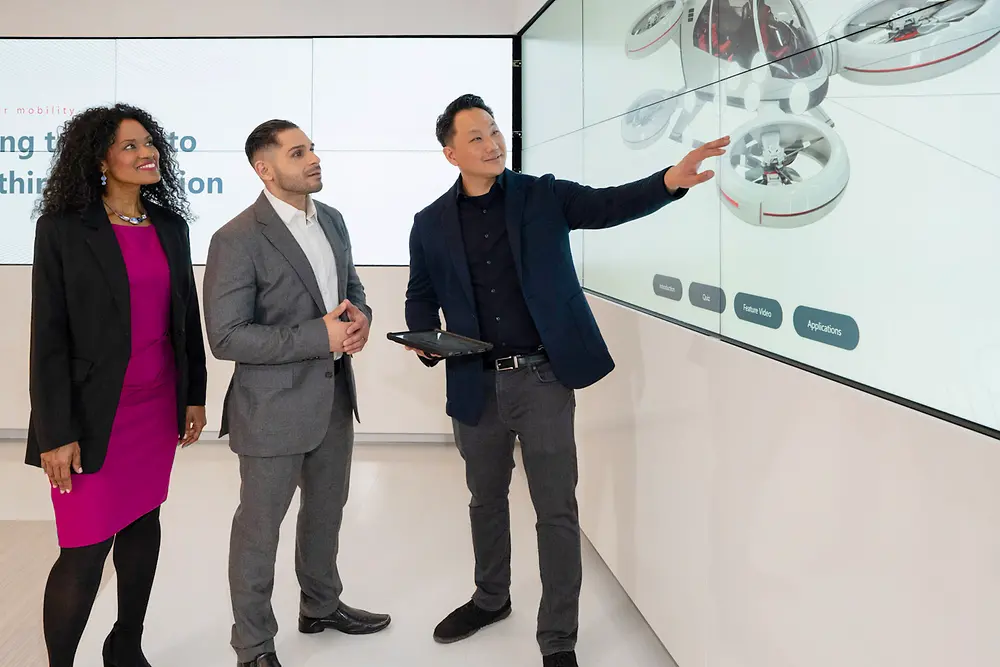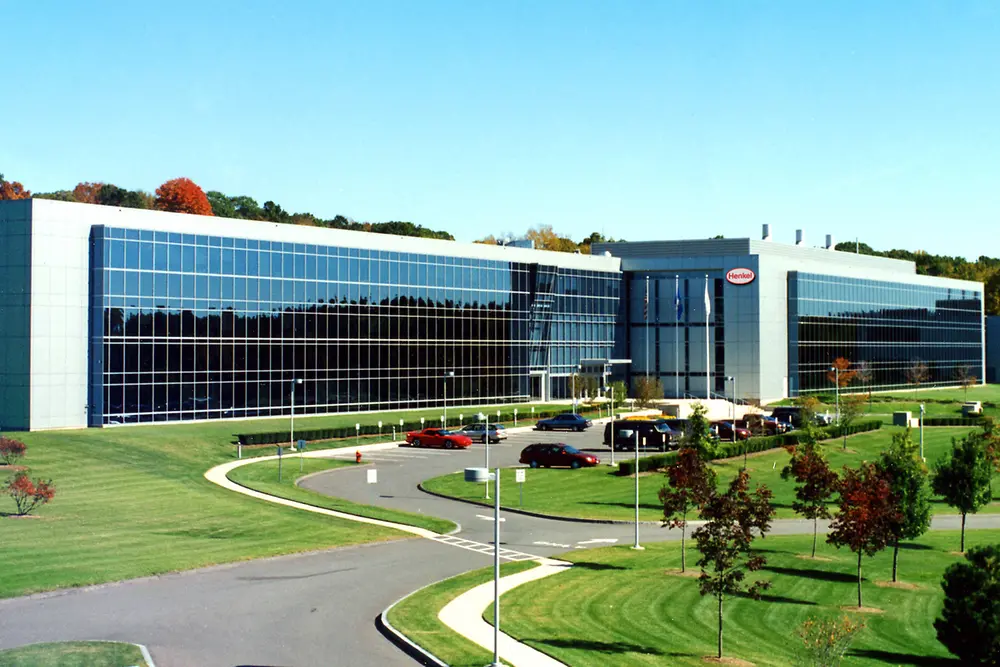But before the project could even start, a lot of planning behind the scenes was required: motivation, capacities and skills needed to be analyzed and combined throughout all functions. On top of that, many different teams had to work together – some of them from their home offices, around or far from Düsseldorf, others in the on-site offices or in production.
Once the general structure was set, the project team and its members could be defined, and the different duties could be assigned. The expertise of colleagues from purchasing, product development and laboratories was required when it came to the ethanol raw material shortage and the quality requirements for hand disinfectants. To get suitable canisters for the new disinfectants, the packaging department and logistics had to participate as well. Colleagues from those teams organized for canisters to be transported from the Schönbach site to Düsseldorf. Lastly, safety experts and logistics were involved in order to be prepared for the special requirements of production and shipping due to the properties and classification of ethanol as a dangerous good. “Having all specialist departments involved was absolutely necessary. Only by having everyone on board, we could ensure converting the production line would be successful,” says Nicolai.
50,000 liters of disinfectants were produced and donated to local facilities, hospitals, and Henkel sites in Germany.
“We are used to collaborating with different departments, and colleagues that are not located in the same place, but this was still a special situation. We managed it well by setting up daily virtual meetings,” Frank says. Other than for general coordination, the daily calls were also used to share first successes with everyone, for example by sending pictures of the first items produced.
In the end, a project that would normally take up to two months to plan and coordinate was realized in just five days. In total, 50,000 liters of disinfectants were produced and donated to local facilities, hospitals, and Henkel sites in Germany. “We literally turned months into days. Ideally, I would have loved if we could also have helped other European colleagues out with the disinfectants – which wasn’t possible due to regulations,” Frank adds. “But I was happy to see that everyone worked strongly towards the same goal. The positive internal and external feedback was overwhelming.”














